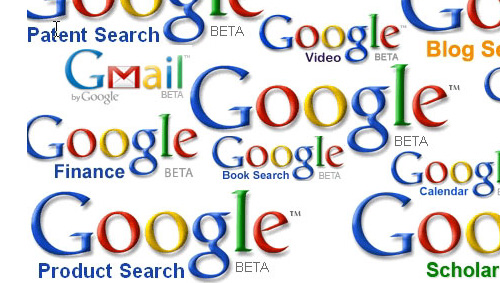
Internet giant Google has submitted a filing to the Federal Energy Regulatory Commission (FERC) to allow it to buy and sell electricity on the wholesale market as an energy trader. The move might seem a little far afield for a company known for Internet searching and services, but Google says the standing would enable it to better manage the the company’s energy costs—which are substantial, given the Google’s massive data centers.
Although the move is unusual for an Internet company, FERC permits a number of large companies to operate as wholesale energy traders—while a good number of them are power companies, utilities, and major manufacturers, a number are not: for instance, Safeway, WalMart, and Bank of America all have the authority to buy and sell wholesale electricity.
In its filing, Google says it wants to act as a power marketer by purchasing electricity and then reselling it to wholesale customers; Google says the ability to act in the wholesale market would enable it to participate in other “activities to facilitate efficient trade in the bulk power market.” Google says it doesn’t own any facilities that would generate power for the wholesale market, and that its electrical generation capacity is strictly limited to feeding its datacenters and to provide backup power in the event of utility failure.
The move isn’t quite Google’s first play in the energy market: the company has entered into a number of partnerships and projects centered around energy, including offering tools to monitor home energy usage and develop renewable energy sources. Becoming an energy trader may just be a step on the company’s stated goals of achieving carbon neutrality by being able to purchase power directly from renewable energy sources like wind farms, solar farms, and hydroelectric power.


